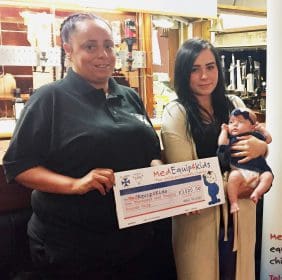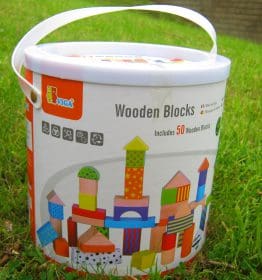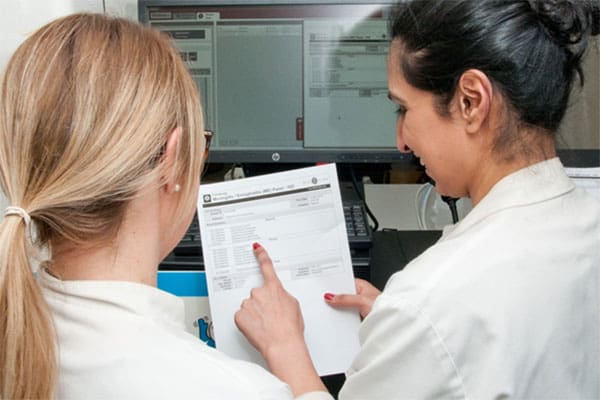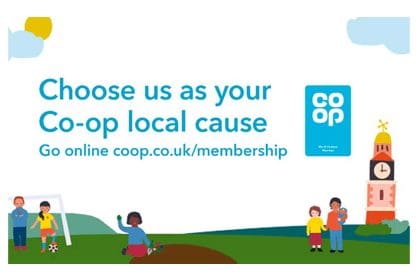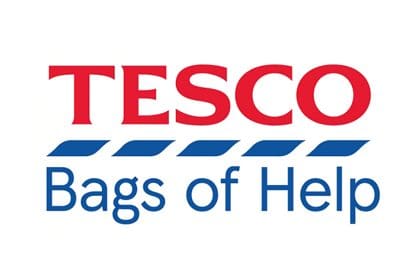Since 2014 MedEquip4Kids has supported Child and Adolescent Mental Health Services (CAMHS) across the UK by providing toys, books, games and other resources for use in the treatment and care of children with mental health problems. Fidget toys, for example, are very useful for children with ADHD or those coming to a first appointment. Books on conditions such as anxiety are useful for parents and carers to borrow, as many are unable to afford to buy them.
Our support has benefited children like Peter (not his real name). Peter is seven years old and has a background of complex emotional trauma. Peter finds sand play very therapeutic to touch and creates stories relating to his experiences of chaos and trying to find calm and safety on a regular basis. The sand pit at CAMHS where Peter was attending needed to be replaced as it was too big and difficult to move, and was leaking. The service asked for our help to provide a new sand pit, which is smaller, fit for purpose and manageable in size.
Peter, along with many other children, is very happy with the smaller sand play pit. It has a blue painted bottom, which means he can pretend the blue is the sea and the sand the land. The new sand pit offers different opportunities for imaginative expression, as well as being easy to move around to different parts of the room.
Peter’s drama therapist Jo says: “I would like to thank you on behalf of the children for providing new and interesting toys, which helps reflect that they are worthwhile, precious people.”



